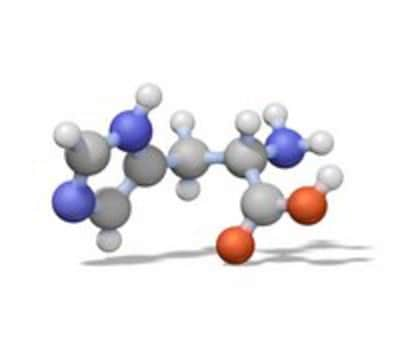T6522
Trypsin inhibitor from Glycine max (soybean)
powder, BioReagent, suitable for cell culture
Synonym(s):
SBTI
About This Item
Recommended Products
biological source
Glycine max (soybean)
Quality Level
type
Type I-S
product line
BioReagent
form
powder
specific activity
(One mg will inhibit 1.0-3.0 mg of trypsin with activity of approx. 10,000 BAEE units per mg protein.)
mol wt
20.1 kDa
concentration
10 mg/mL
technique(s)
cell culture | mammalian: suitable
solubility
balanced salt solution: 1 mg/mL
serum-free medium: soluble
shipped in
ambient
storage temp.
2-8°C
Looking for similar products? Visit Product Comparison Guide
Application
Biochem/physiol Actions
Components
Unit Definition
Preparation Note
Solutions can retain activity when stored short-term at 2-8° C. Solutions are stable in frozen aliquots at -20°C.
Analysis Note
Not finding the right product?
Try our Product Selector Tool.
Signal Word
Danger
Hazard Statements
Precautionary Statements
Hazard Classifications
Resp. Sens. 1 - Skin Sens. 1
Storage Class Code
11 - Combustible Solids
WGK
WGK 3
Flash Point(F)
Not applicable
Flash Point(C)
Not applicable
Personal Protective Equipment
Choose from one of the most recent versions:
Certificates of Analysis (COA)
Don't see the Right Version?
If you require a particular version, you can look up a specific certificate by the Lot or Batch number.
Already Own This Product?
Find documentation for the products that you have recently purchased in the Document Library.
Protocols
Cell culture protocol for passaging and splitting adherent cell lines using trypsin EDTA. Free ECACC handbook download.
Cell culture protocol for passaging and splitting adherent cell lines using trypsin EDTA. Free ECACC handbook download.
Cell culture protocol for passaging and splitting adherent cell lines using trypsin EDTA. Free ECACC handbook download.
Cell culture protocol for passaging and splitting adherent cell lines using trypsin EDTA. Free ECACC handbook download.
Chromatograms
application for HPLCOur team of scientists has experience in all areas of research including Life Science, Material Science, Chemical Synthesis, Chromatography, Analytical and many others.
Contact Technical Service






